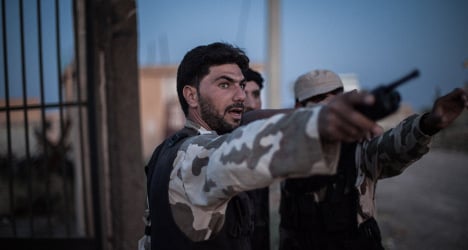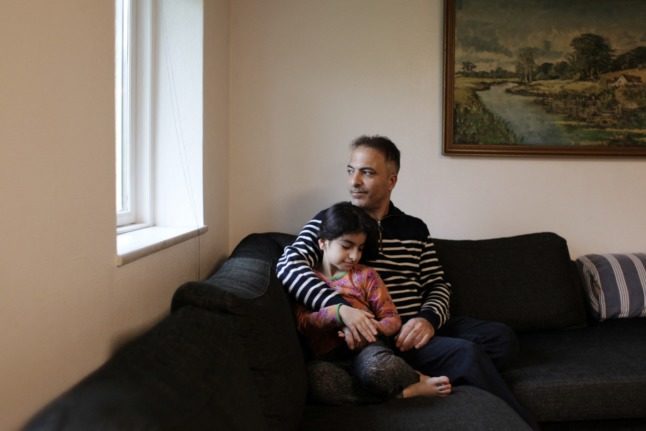Spanish Prime Minister Mariano Rajoy will take a stance on Syria based on "full knowledge" of the situation, the Vice-Secretary General for Organization for Spain's ruling Popular Party (PP) Carlos Floriano said.
"I have the impression we have to be with our allies," Floriano told Spain's Cadena Cope radio station.
"In that sense, I believe we will be in the correct position," he added.
The United States, Spain and France are gearing up for possible military involvement in Syria with the governments of those countries claiming the regime led by Bashar al-Assad carried out recent chemical weapons attacks which killed over a 1,000 people.
UN inspectors are currently investigating the alleged attacks with preliminary results expected on Saturday.
Spain's Foreign Affairs Ministry on Wednesday said evidence of any such attacks would require "a firm response from the international community", ABC newspaper reported.
On Tuesday, sources within the foreign ministry also said any intervention in Syria would need to have a firm legal backing.
The ministry also said it had faith the United Nations Security Council could "take decisions that would enforce international law and put an end to the drama in Syria".
The current crisis in Syria began in March 2011, growing out of the wider Arab Spring protest movement.
Protests against the long-running regime of al-Assad were brutally suppressed by the country's military. Those protests then became an armed insurrection against the country's government.
In July, the United Nations said over 100,000 people had died in the conflict.



 Please whitelist us to continue reading.
Please whitelist us to continue reading.
Member comments